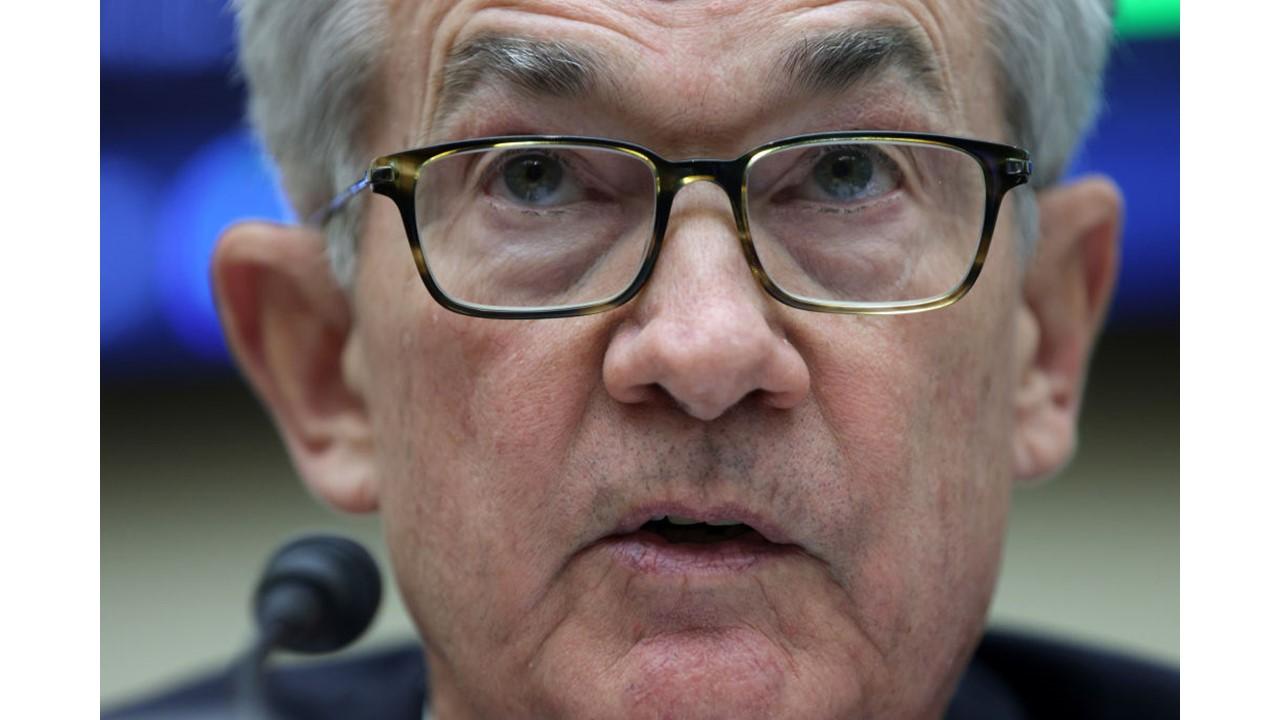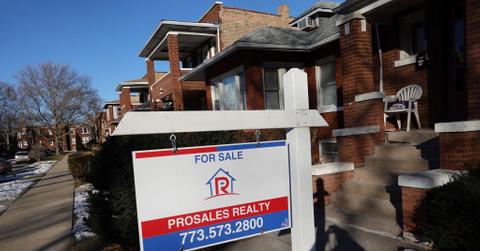Will Housing Prices Go Down If Interest Rates Increase? Maybe
The Federal Reserve is making a statement on interest rates moving forward. What does that mean for housing prices? Will housing prices go down if interest rates increase?
Jan. 26 2022, Published 11:17 a.m. ET
After wrapping up a two-day meeting on Jan. 26, the Federal Reserve is prepared to announce what’s next for interest rates in the U.S. Fed Chair Jerome Powell will take the screen and discuss plans for interest rates moving forward. In a housing market that has been on fire throughout the COVID-19 pandemic, aspiring homeowners want to know what this means for housing prices.
Do interest rates and housing prices really have an inverse relationship? Here’s what to expect for housing costs moving forward.
When will the Fed hike interest rates?

Fed Chair Jerome Powell
At 2:00 p.m. ET on Jan. 26, the Fed is poised to announce interest rate policy updates. Experts expect interest rates to increase, although not immediately. The likeliest outcome is a hike in March.
With super strong inflation and an ongoing pandemic, hiking interest rates serves as a way to quell volatility and consumer prices.
What will happen to housing prices?
The Federal Housing Finance Agency (FHFA) puts out a House Price Index (HPI) that reflects the current state of the housing market.
According to the latest HPI data from November, housing prices rose nationwide by 1.1 percent from the previous month. The U.S. has nine census divisions. In one of those divisions, West North Central, housing prices increased the most by 1.9 percent over the month ending in November.
Housing prices rose 17.5 percent YoY nationwide. The Mountain census division rose the most during this time period by 22.8 percent.
HPI data trails by two months, so December data will come out in February. We won’t know January data until that report comes out in March.
Will an interest rate hike make housing prices go down?
Higher interest rates mean more expensive mortgages. In theory, this means that the demand for housing will decrease, which will put downward pressure on overall housing prices.
However, high inflation (like what the U.S. is currently experiencing) means that increased mortgage rates might still be attractive to buyers. Also, rent continues to soar across the country, which makes buying an attractive alternative. For people considering purchasing a home, that could mean housing prices won’t go down as much as they otherwise would have.
Give higher interest rates time to cool inflation and then check housing costs.
Housing prices have been increasing rapidly during the COVID-19 pandemic. It didn’t happen overnight (although it did feel like that at times), and it won’t cool overnight either.
Inflation has been increasing steadily to achieve a 7 percent boost in the 12 months ending in December. The Fed uses interest rate hikes to cool rapid inflation, and that will take time.
As interest rates increase, experts hope inflation will cool. Over time, this could be a good thing for housing prices throughout the U.S.
Will there be another housing crash?
With the stock market on the fritz in January, people are curious about whether the housing market will crash like it did during the 2008 recession.
Market conditions are different now. Experts don’t expect a full-on crash, but buyers might be lucky enough to get a dent in their dream home’s total cost at the right time.

